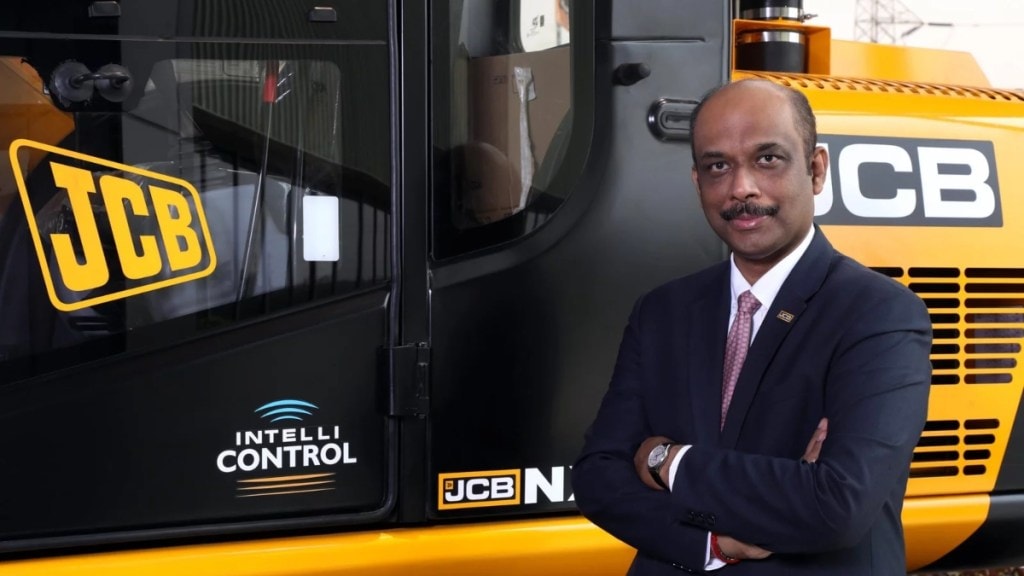The Indian construction equipment industry is the world’s third-largest market, behind the United States of America and China. In FY2023, the industry sold 107,779 units, up 26 percent YoY. By 2030, India is expected to become the second-largest market globally with sales of around 2.5 lakh units. The Indian Construction Equipment Manufacturers’ Association (ICEMA), the apex industry body pegs the market size to be $8.5 billion in FY2023.
“I think the journey (volumes) has just started for the construction equipment industry. We can expect robust growth for the industry for the next 10-15 years,” said Deepak Shetty, CEO & MD, JCB India and President Designate, ICEMA to Financial Express Online.
The company which is claimed to be the largest player in the backhoe loader segment is confident of further making smart inroads across tier 2 and tier 3 markets on the back of infrastructure push.
Shetty says that the company has been able to be a leading player because of three key strategies that it has followed.
“We always say that every second machine (in our segment) sold in the country is a JCB. Our strategy is to focus on three things – give what the customer wants, aftersales support, and provide value-added solutions. For instance, JCB LiveLink, a customer can monitor his machines virtually anywhere.”
India a key hub
In fact, as part of its product offensive strategy, the company is gearing up to showcase its next-generation products at the Excon 2023, scheduled from December 12-16, 2023 in Bengaluru.
“A lot many products are being developed in the country. For example, the side dumper was developed by the team with significant design inputs from India. We are so well embedded in the sense there are engineers from India working in the UK and vice-versa. About 75% of JCB‘s global drawings are released with the support of the team in Pune. Our IoT-based platform we work very closely with Wipro and Pricol, and we have developed the complete solution in India. And now we are putting it on our export machines and sending it all around the world.
On the other hand, the company has also recognised the importance and challenges of the availability of skilled operators. It has partnered with various ITI (Industrial Training Institutes) and dealer partners to train operators. Interestingly, on average, it is training around 2,000 – 2,500 operators per year.
Expanding product portfolio and network
In India the demand for construction equipment is quite different and unique than most parts of the world.
“Every sector evolves, in the excavator segment in the future you will see demand for bigger machines. On the same time, there will be demand for mini excavators for applications in confined space, so the tail swing has to be removed and hence there will be no space for counterweight,” explains Shetty about the potential market dynamics.
At present, JCB India manufactures over 60 products in 9 categories across applications. It has the largest network in the country with more than 60 dealers, about 700 outlets, and Parts warehouses at Pune, Bengaluru, Bhaproda, Kolkata, and Guwahati. More than 8,500 trained engineers are employed at JCB dealerships in the country, thus providing robust aftersales support.
The company says this also enables it to understand customer requirements much better.
“I keep on reminding my team that India has 6.5 lakh villages, there are still lot many villages to go and connect with,” he concludes.



















